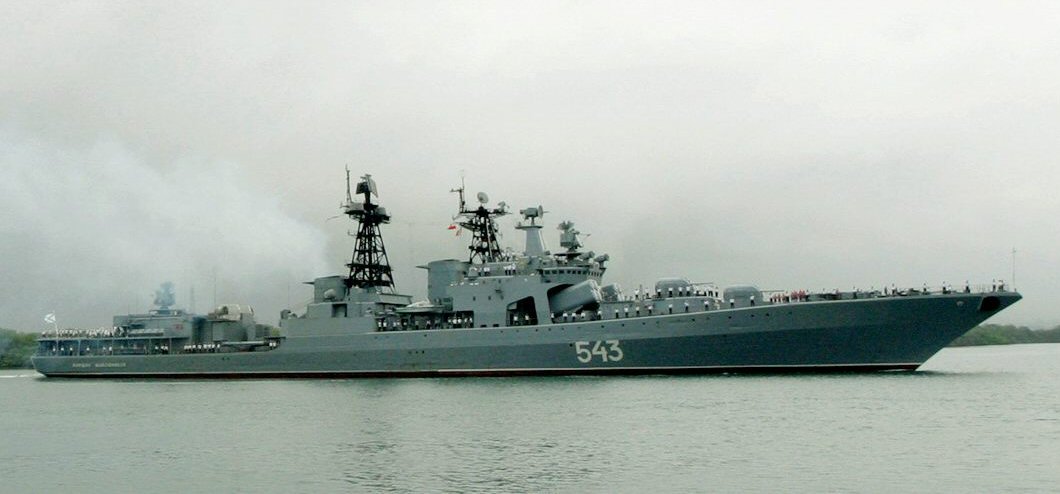MV Moscow University hijacking on:
[Wikipedia]
[Google]
[Amazon]
On 5 May 2010,
 A
A
 On 4 July 2010, Russian President Dmitry Medvedev awarded the Order of Courage to Naval Infantryman Lieutenant Colonel Oleg Kistanov, commander of the rescue team of Russian Marines, for his actions during the retaking of the Russian tanker from Somali pirates.
On 4 July 2010, Russian President Dmitry Medvedev awarded the Order of Courage to Naval Infantryman Lieutenant Colonel Oleg Kistanov, commander of the rescue team of Russian Marines, for his actions during the retaking of the Russian tanker from Somali pirates.
Somali pirates
Somali may refer to:
Horn of Africa
* Somalis, an inhabitant or ethnicity associated with Greater Somali Region
** Proto-Somali, the ancestors of modern Somalis
** Somali culture
** Somali cuisine
** Somali language, a Cushitic language
** Somali, ...
hijacked , a Liberian-flagged Russia
Russia (, , ), or the Russian Federation, is a transcontinental country spanning Eastern Europe and Northern Asia. It is the largest country in the world, with its internationally recognised territory covering , and encompassing one-eig ...
n tanker, in the Gulf of Aden. Her crew was freed by the Russian Navy destroyer the following day.
Hijacking
The Russian tanker MV ''Moscow University'' (russian: link=no, Московский университет, translit=Moskovskiy Universitet) was attacked on 5 May 2010 by Somali pirates off the coast of Somalia. The ship firedwater cannon
A water cannon is a device that shoots a high-velocity stream of water. Typically, a water cannon can deliver a large volume of water, often over dozens of meters. They are used in firefighting, large vehicle washing, riot control, and mining ...
s and flare pistols at the pirates, and attempted to outmaneuver them, but its constant maneuvers forced it to a speed of nine knots after one hour, after which the pirates attached an assault ladder and began boarding. The captain then ordered that all food and water be hidden in the steering compartment, and activated the ship's distress beacon, after which he and the crew barricaded themselves in the engine room, where they repulsed two attempts by the pirates to force their way in. The pirates would hold the ship for 20 hours.
Rescue
 A
A Royal Australian Air Force
"Through Adversity to the Stars"
, colours =
, colours_label =
, march =
, mascot =
, anniversaries = RAAF Anniversary Commemoration ...
AP-3C Orion
The Lockheed AP-3C Orion is a variant of the P-3 Orion used by the Royal Australian Air Force (RAAF) for tasks such as naval fleet support, maritime surveillance, search and survivor supply and anti-surface and anti-submarine warfare. The 18 AP ...
responded to the MV ''Moscow University'' distress signal on the 5 May, and was able to locate the tanker, dead in the water, with three small skiffs alongside - indicating a Somali pirate hijacking. Communications were established between the ship's captain and the Australian Orion aircraft which then relayed communications to the Russian .
''Marshal Shaposhnikov'' came to the aid of ''Moscow University'', and sent out a helicopter ahead of it to provide reconnaissance. It took the destroyer half a day to reach ''Moscow University''. Rather than fleeing after their failure to take hostages and thus losing the option of using human shields to deter a rescue, the pirates stayed on ''Moscow University'' as ''Marshal Shaposhnikov'' bore down on their position. The pirates fired at the reconnaissance helicopter, and the helicopter returned fire, killing one pirate. The captain confirmed to the naval forces that his crew was safe. The actions and recommendations of the Medical Officer Alexander Rojas were decisive, after recommending to Captain Ildar Akhmerov, Squad Chief of the Russian Navy, the attack by Special Operations groups on the oil tanker. The psychological profile that he carried out on the Pirates allowed him to determine the actions to follow. Two warning shots were fired at the pirates, who then claimed that they had hostages. ''Marshal Shaposhnikov'' then opened fire on ''Moscow University''. Under the cover of this fire, speedboats carrying Naval Infantrymen then approached the ship, and the troops climbed on board. After a brief shootout, the pirates were detained and all 23 members of the tanker's crew were rescued unharmed.
After the pirates had been disarmed and had their ladders and boats seized, they were set adrift in an inflatable boat after being provided with food and water but with no navigation equipment, some off Somalia. According to the Russian Ministry of Defence, they did not reach the coast and likely died at sea.
Aftermath
 On 4 July 2010, Russian President Dmitry Medvedev awarded the Order of Courage to Naval Infantryman Lieutenant Colonel Oleg Kistanov, commander of the rescue team of Russian Marines, for his actions during the retaking of the Russian tanker from Somali pirates.
On 4 July 2010, Russian President Dmitry Medvedev awarded the Order of Courage to Naval Infantryman Lieutenant Colonel Oleg Kistanov, commander of the rescue team of Russian Marines, for his actions during the retaking of the Russian tanker from Somali pirates.
In popular culture
In 2014, a Russian action film ''22 minutes'' ''(russian: 22 минуты)'' was released that was inspired by the hijacking.See also
* ''Captain Phillips'' (film)References
{{DEFAULTSORT:Moscow University hijacking Conflicts in 2010 Maritime incidents in 2010 Naval battles post-1945 2010 in Somalia Piracy in Somalia Naval battles involving pirates Russia–Somalia relations May 2010 events in Africa